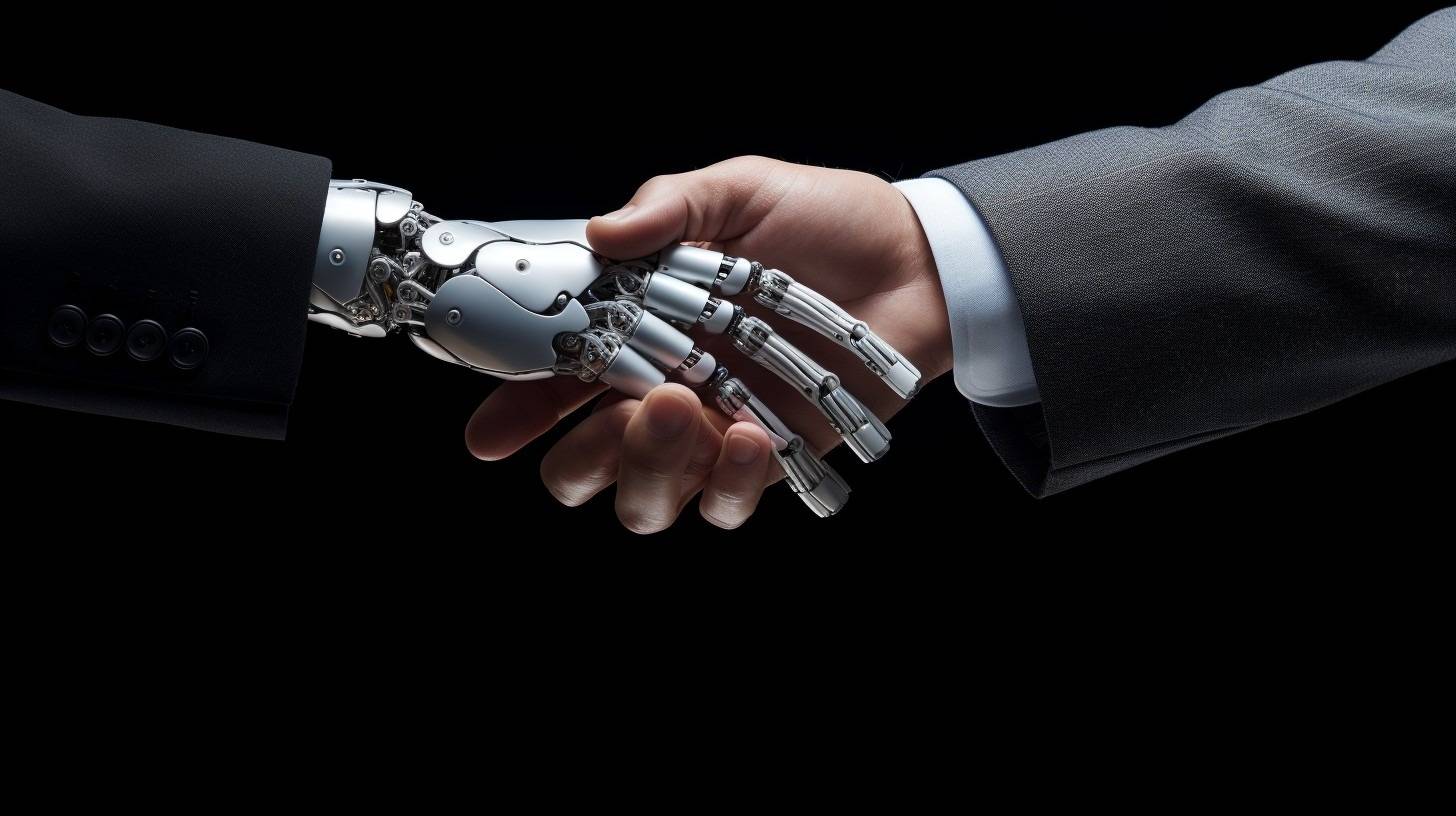AI at Work: WEF's Latest Revelation – Three Emerging Job Categories
In the ever-evolving landscape of technology and economics, the concept of "creative destruction" has been a cornerstone. Coined by Joseph Schumpeter in 1942, it underlines the inevitability of change, where old methods and jobs are replaced by new, innovative ones.

In the ever-evolving landscape of technology and economics, the concept of "creative destruction" has been a cornerstone. Coined by Joseph Schumpeter in 1942, it underlines the inevitability of change, where old methods and jobs are replaced by new, innovative ones.

The Rise of AI and Job Creation
The AI boom is not just doing away with routine jobs, but it is also creating new ones in three key areas, as per a new World Economic Forum white paper 'Jobs of Tomorrow: Large Language Models and Jobs'. These are 'trainers', 'explainers', and 'sustainers':

Trainers: Pioneering AI Development
Engineers and scientists are at the forefront, developing the large language models (LLMs) that power generative AI tools like ChatGPT. Beyond traditional programming roles, electrical engineers are finding new opportunities as the demand for custom microchips to train and operate LLMs surges. Innovations in chipmaking, aided by AI design tools, are poised to reshape the industry.
Explainers: Bridging the Gap with Users
While trainers craft the AI's core, explainers focus on making AI user-friendly. They are akin to "user experience designers" for LLMs, designing interfaces that simplify interactions between individuals and AI. These interfaces are vital to making LLMs accessible to the general public, ensuring that the technology doesn't remain confined to experts. Explainers also delve into tailoring LLMs for specific tasks, paving the way for personalized AI assistants, tutors, or coaches.
Sustainers: Ensuring AI's Responsible Deployment
Sustainers play a crucial role in guaranteeing the responsible and effective use of AI systems. This category encompasses content creators, data curators, and ethics and governance specialists.
Content Creators
Prompt engineering, a nascent discipline, involves crafting text prompts that guide LLMs to generate desired content. AI sustainers adept at optimizing prompts can rapidly produce comprehensive content across various domains, from articles and books to training materials and entertainment.
Data Curators
The quality of input data significantly influences AI output. Data curators are tasked with ensuring that LLMs receive the highest-quality training data, which, in turn, enhances their performance. Curating internet-sourced training data necessitates meticulous quality checks, creating a dedicated workforce.
Ethics and Governance Specialists
AI systems, if not carefully monitored, can perpetuate biases and ethical issues. Specialists in ethics and governance are instrumental in preventing AI from producing biased, harmful, or unethical content. They oversee rigorous testing and may even pave the way for AI safety officers and ethicists, shaping an emerging field of AI ethics and governance.
Other Job Opportunities in the Age of AI
While these three areas represent significant job growth, the report acknowledges other sectors with potential. AI and machine learning specialists are poised for substantial expansion, expected to grow by 39% in the next five years. Additionally, roles like university and higher education teachers show promise, with an anticipated 10% growth rate. Professions emphasizing personal interactions, such as healthcare, are expected to thrive and remain less impacted by AI. Manual work, not reliant on language-based tasks, is also expected to remain resilient.
Conclusion
Thus, the adoption of generative AI, particularly LLMs, is poised to reshape industries, creating new roles while transforming existing ones. It's essential for businesses and governments to proactively prepare the workforce for this transition, ensuring that society at large benefits from the potential of generative AI. As the AI revolution continues to unfold, embracing change and acquiring new skills will be key to thriving in the jobs of tomorrow.
